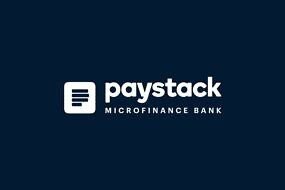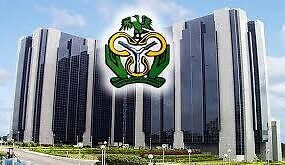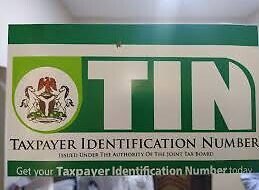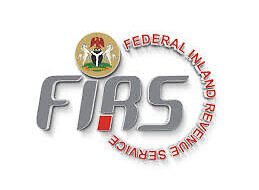Nigeria’s Central Bank has ended the year with a decisive move, raising interest rates to 27.5% in response to mounting inflationary pressures. The Monetary Policy Committee (MPC) increased the benchmark rate by 25 basis points during its final meeting of the year, underscoring its commitment to tackling rising consumer prices.
“The considerations of the meeting were held on the backdrop of renewed inflationary pressures as the headline food and core measures rose year on year in October 2024. Members therefore agreed unanimously to remain focused on addressing price developments,” stated Governor Yemi Cardoso at a media briefing on Tuesday.
This adjustment follows Nigeria’s stronger-than-expected economic performance in the third quarter of 2024, where GDP grew by 3.46%, largely driven by the services sector. However, the nation’s headline inflation surged to 33.8% in October, spurred by a combination of higher fuel prices and flooding in key agricultural regions.
Since the beginning of the year, the MPC has raised rates by a cumulative 8.75 percentage points in a bid to contain runaway inflation. Analysts had widely anticipated a 25 basis point hike, aligning with the Central Bank’s cautious but firm approach.
Economic Ramifications
The impact of the rate hike is expected to ripple through Nigeria’s financial sector. Banks, including Guaranty Trust Holding Co., Zenith Bank Plc, United Bank for Africa Plc, and FBN Holdings Plc, could see a boost in net interest income, which has already more than doubled this year. However, higher rates also pose risks.
“[The hike] could lead to an increase in the loan default rate, thereby impacting the non-performing loans ratio,” warned Samuel Onyekanmi, an analyst at Norrenberger.
Beyond the banking sector, concerns linger over whether monetary policy alone can curb inflation. Experts have called for complementary fiscal measures to address structural vulnerabilities that exacerbate price instability.
“To put inflation to bed for good, the government needs to step up and reduce the structural vulnerabilities that have brought about inflation spikes. If that doesn’t happen, CBN is simply swimming against the tide, and the inflation fight will have no end in sight,” commented David Omojomolo, Africa economist at Capital Economics.
A Challenging Road Ahead
While the Central Bank’s aggressive tightening may temporarily relieve inflationary pressures, the broader economic landscape remains precarious. Without strategic fiscal interventions, the battle against inflation could remain an uphill task, leaving businesses and consumers grappling with the consequences of rising costs.







3 replies on “Nigeria’s Central Bank Tightens Grip with Fresh Interest Rate Hike”
[…] Central Bank of Nigeria (CBN) has reinstated Jimoh Musa Itopa as director of its Payments System Management Department […]
[…] the Zimbabwean central bank’s efforts, the newly introduced ZiG currency continues to depreciate. Will maintaining the 35% […]
[…] Ugandan authorities have arrested nine officials from the Ministry of Finance over an alleged cyber attack that led to the theft of USH 62 billion ($16.87 million) from the country’s central bank. […]